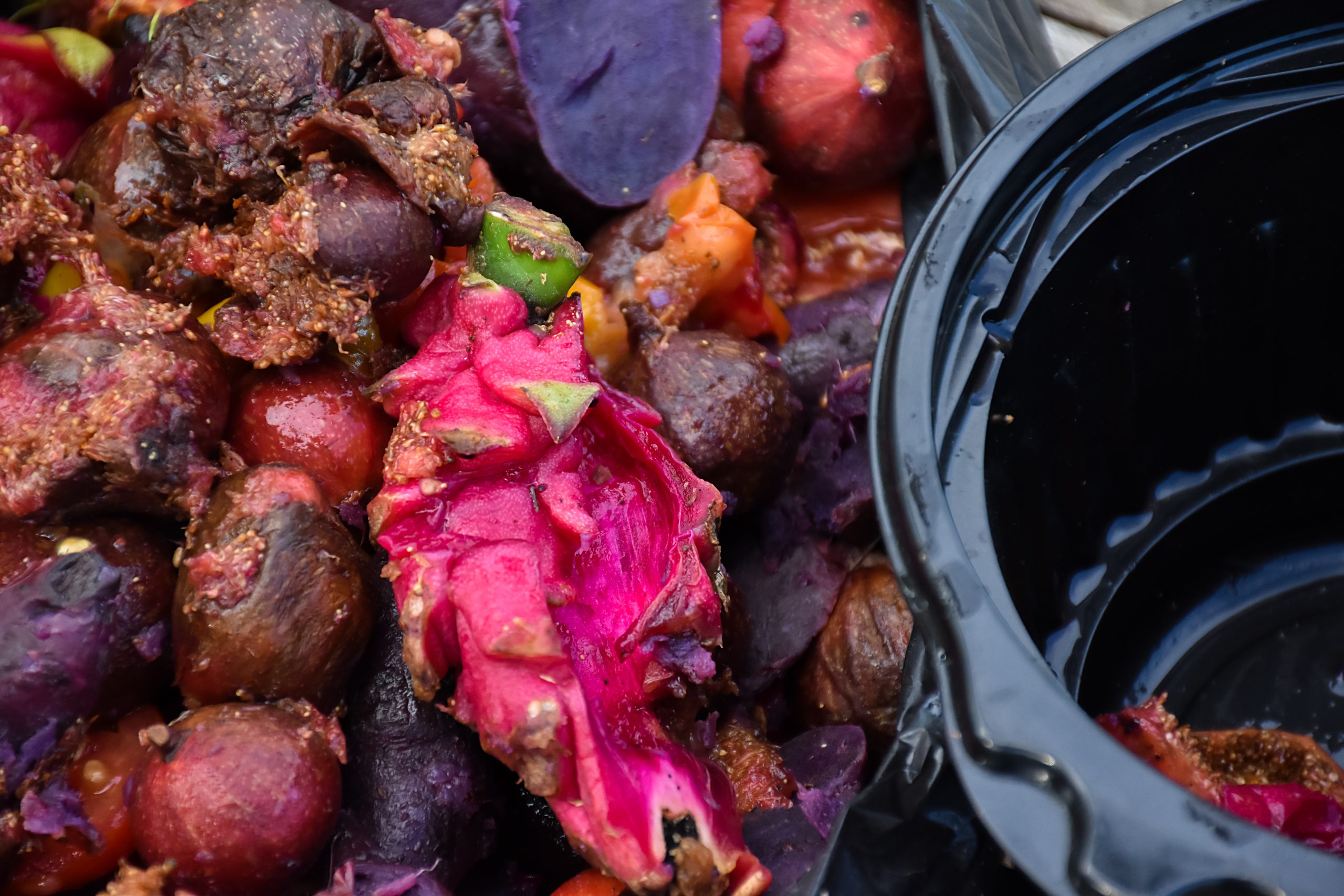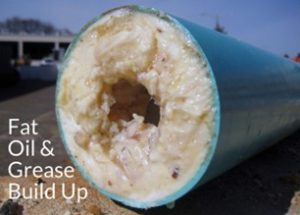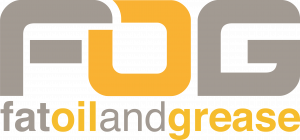

From 31st March 2025 all commercial outlets producing food are required to have a food waste collection service in place as part of legislation introduced by the British government.
Therefore, SWS are launching a new membership initiative called “EAT GREEN” encouraging all food producers to introduce a food waste recycling scheme within their organisation. By becoming an exclusive member of ‘Eat Green’ you will receive key information to promote to your clients what your company is doing as well as useful data allowing you to see how much food waste has been diverted from landfill as a result of joining Eat Green.
Up to 10% of global greenhouse gases come from food that is produced, but not eaten.
Food Waste Recycling to Become Mandatory – Are You Ready?
Will your business be compliant by March 2025?
Avoid fines for your company and speak to SWS today!
On 31 March 2025, new recycling regulations will come into effect, requiring businesses across England to ensure that all food waste is separated out from other wastes and presented separately for collection by an approved contractor.
New mandatory food waste separation coming March 2025!
As per new government legislation, all non-household municipal premises in England, excluding micro-firms (businesses with fewer than 10 full-time equivalent employees), will be required to comply with the following regulations by 31st March 2025:
Separate food waste collections:You must arrange for separate collection of your food waste, diverting it from general waste streams
Compliant waste presentation:Food waste must be presented in a manner that adheres to the new legislation.
Working closely with the country’s leading investors and operators of Anaerobic Digestion or similar technologies, Sommers Waste Solutions are able to offer customers a service of linking food waste collections to processes that can convert food waste into renewable energy. We are able to offer a tailored food collection service throughout the UK.
Our independent, nationwide network means that we can provide you with a cost effective, efficient & professional food waste service to fit around the need to your organisation.
Almost half of all fruit and vegetables produced are wasted (that’s 3.7 trillion apples).
Understanding the legislation
The government is introducing new regulations requiring all businesses, the public sector and third-sector organisations in England to separate recyclable materials like most householders do now.
These regulations are designed to improve the quality and quantity of waste collections across England, most notably by mandating that food waste is separated out and collected separately when any non-domestic property generates waste food. This includes all businesses, prisons, hospitals, care homes, office blocks, independent schools & colleges, garages and transport hubs. The new regulations will come into force on 31 March 2025, therefore it is important for businesses to familiarise themselves with their implications.
Legislation already in place in Scotland and Wales
Commercial food waste legislation has been in place in Scotland since 2014, the legislation was introduced in Wales in April 2024. Businesses generating more than 5kg of food waste every week will likely have to comply with the new regulations. By staying informed and acting now, your business can set a positive example and be at the forefront of environmentally friendly food waste management.
What does this mean for your business?
By 31st March 2025, businesses will need to have implemented separate food waste storage & collection processes. This means understanding what wastes are produced and at what frequency and how these wastes should be stored and collected to be compliant with the new legislation.
Taking action
- Understand what wastes you produce in what quantity
- Review your current waste management practices and processes
- Contact approved food waste collection companies to help with configuring the best system for your business
- Familiarise yourself with the specific details of the new regulations
Business advantages
- An opportunity to review services and save costs by optimising waste collection services
- Doing the right thing for the environment by recovering waste food is a key part of improving your sustainability credentials
- Having a compliant system will protect your brand and avoid fines
Benefits of separate food waste collection
- When food waste is mixed in with general waste it is often landfilled or incinerated wasting the food twice effectively. When it is collected separately it goes through a process which generates renewable power and produces an organic fertiliser.
- Contribute to a more circular economy by transforming food waste into renewable energy and liquid fertiliser
- Potentially lower waste disposal costs as food waste is heavy and can mean you pay more for your general waste collection bins. Food waste collections can be as low as just £5/bin.
Food waste stream composition
Both household and non-household food waste collections will include:
- All food intended for human or pet consumption, regardless of nutritional value
- Biodegradable materials from food processing or preparation, including bones, eggshells, fruit and vegetable scraps, tea bags, and coffee grounds.
Be prepared: Ensure your business complies
Adhering to the new legislation being introduced is crucial, as it benefits the environment and positively impacts your business. Compliance with these regulations ensures that your business is part of the solution to creating a sustainable future.
By taking proactive steps now you can future-proof your business, protect your brand and reputation and be ready for the new legislative changes ahead of the deadline of March 2025.
Avoiding penalties
- Prevent fines and reputational harm through compliance
- Safeguarding your business from legal and financial risks
How SWS Recycling Can Help
SWS teams up with the largest food waste collection businesses in the UK. We have helped many businesses before in Scotland and Wales comply when regulations changed in those countries. As such we are an experienced and dependable partner in sustainable food waste management, offering sensible, compliant solutions to help you navigate the changes being introduced by the government. Collaborating with key food waste operators across the UK, SWS will ensure your business has the best solution in place for your food waste management.
What to do now
Talk to Sommers Waste Solutions today and start planning for the changes required to ensure compliance with the new regulations. This will include an audit of your current waste streams, volumes, frequency of services, bin types and costs. We will then find the best solution for you which ensures you have the right systems in place to stay compliant and avoid business disruptions further down the line. SWS have many low carbon waste collection vehicles operating across the whole of the UK.
Benefits of joining Eat Green

- A quick, reliable and professional food waste recycling service
- SWS Certification highlighting you are a Eat Green member and recycle your food waste
- Regular information of food waste being diverted from landfill
- A window sticker informing your customers, clients and visitors that you are official Eat Green members
Food rotting in landfill releases methane – 29x stronger than carbon dioxide.
FOG Fat | Oil | Grease
Sommers Waste Solutions (SWS) have for over a decade managed National Food Waste solutions and have identified the emerging opportunities and challenges in connecting FOG into the food waste stream. It will not simply be a waste service contract; customers will require high levels of coordination, guidance, and management to efficiently match FOG availability to the correct logistics and facilities for treatment.
SWS are in the business of waste management and have for over a decade been working closely with the country’s leading investors and operators of Anaerobic Digestion, offering bespoke food collection services throughout the UK.
SWS recognise the emerging opportunities and challenges when considering the best procurement and environmental options for FOG, UCO and food waste streams; SWS are developing new management systems with high levels of coordination to match FOG availability to the right logistics and facilities for value recovery.



